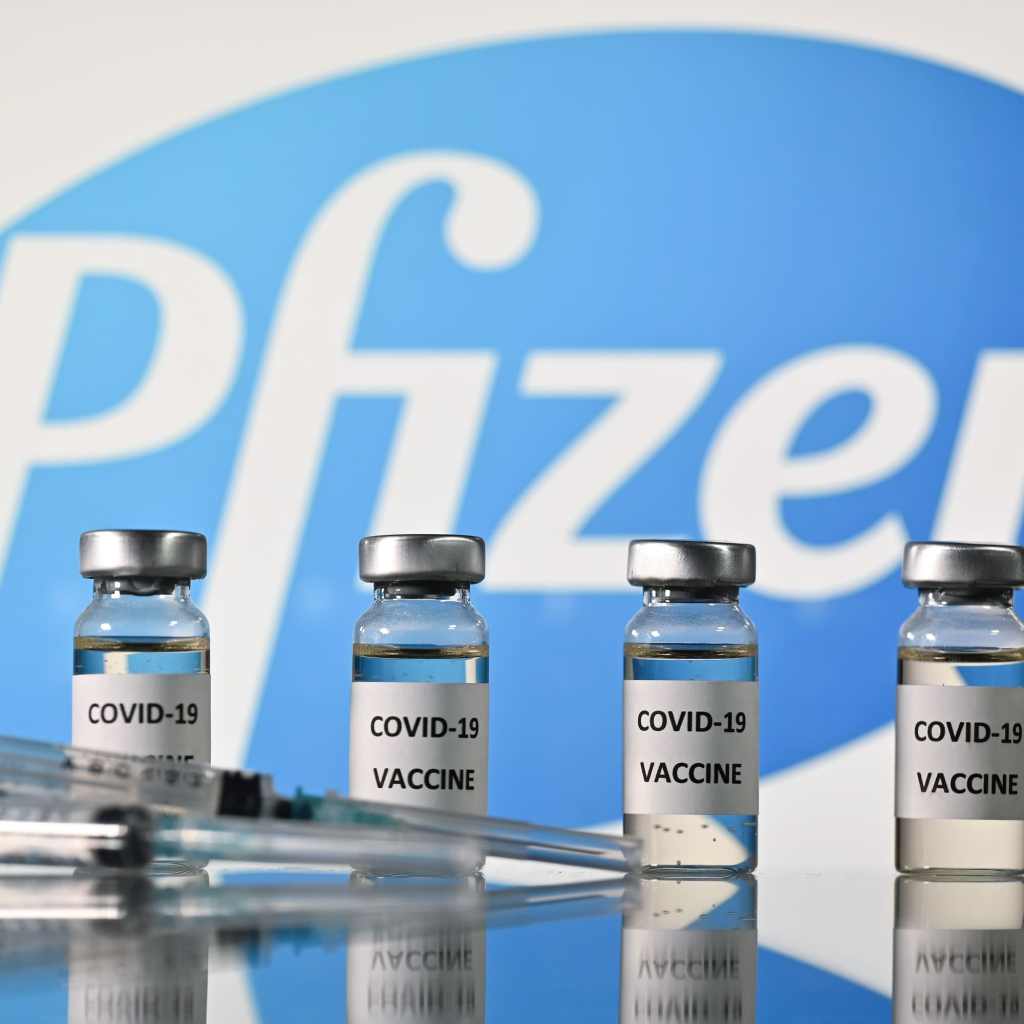On Dec. 2, the UK became the first country to approve a COVID-19 vaccine developed by Pfizer and BioNTech, and it’s set to begin rolling out in the coming days.
British health regulator Medicines and Healthcare products Regulatory Agency (MHRA) has given the vaccine the green light to be administered as soon as next week, with the elderly and vulnerable populations being the first to receive it. Studies have shown that the Pfizer-BioNTech COVID-19 vaccine is an impressive 95 percent effective. To put this into perspective, the widely used flu shot has an efficacy rate of 40-60 percent – though a slimmer percentage, still absolutely worth getting the flu shot for.
The UK has secured 40 million doses, which is enough to vaccinate 20 million people. These 40 million doses won’t arrive all at once, though. The first stock of 800,000 will arrive in a number of days, and the UK government has put together with a priority list for those first in line. A committee of government health experts have put a provisional strategy in place, which would see health and social care workers vaccinated first. They will be followed by an “age-based program,” prioritizing older age groups first. The reasoning for this strategy is because it’s “likely to increase uptake in those with clinical risk factors as the prevalence of these increases with age,” the committee stated.
The vaccination rollout won’t come without its challenges. Unlike the other vaccinations still undergoing trials, the Pfizer-BioNTech vaccine must be stored at -70 degrees Celsius (-94 degrees Fahrenheit), meaning it has to be carefully transported and stored in hospitals and vaccine centers.
Secretary of State for Health and Social Care Matt Hancock tweeted: “Help is on its way,” upon release of the news. However, UK ministers and government health experts warn that while the vaccine is momentous news and is a huge success for science, the public shouldn’t let their guard down yet and must continue taking precautions, such as wearing a mask when outside of your home, social distancing, and washing your hands frequently.

